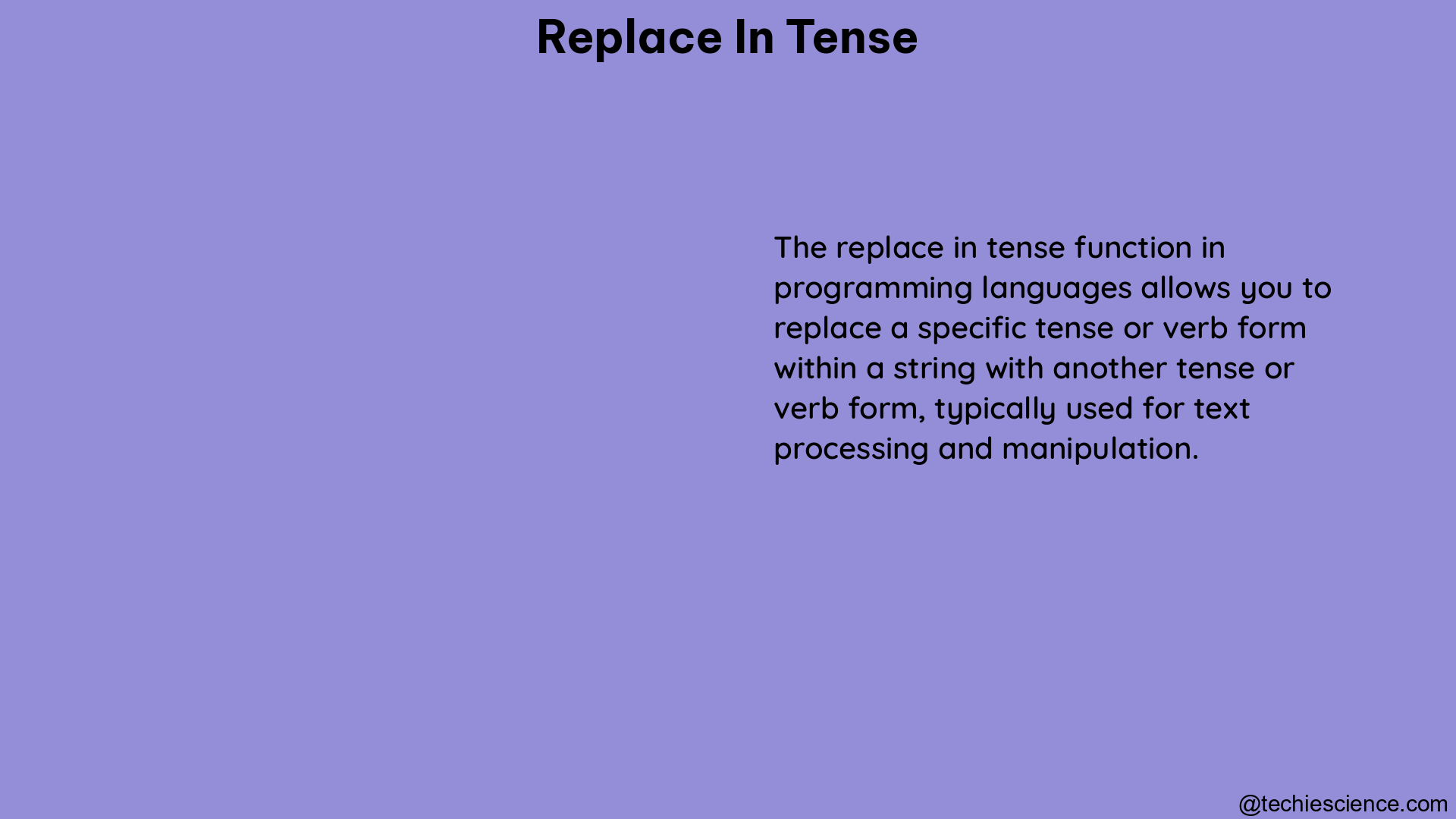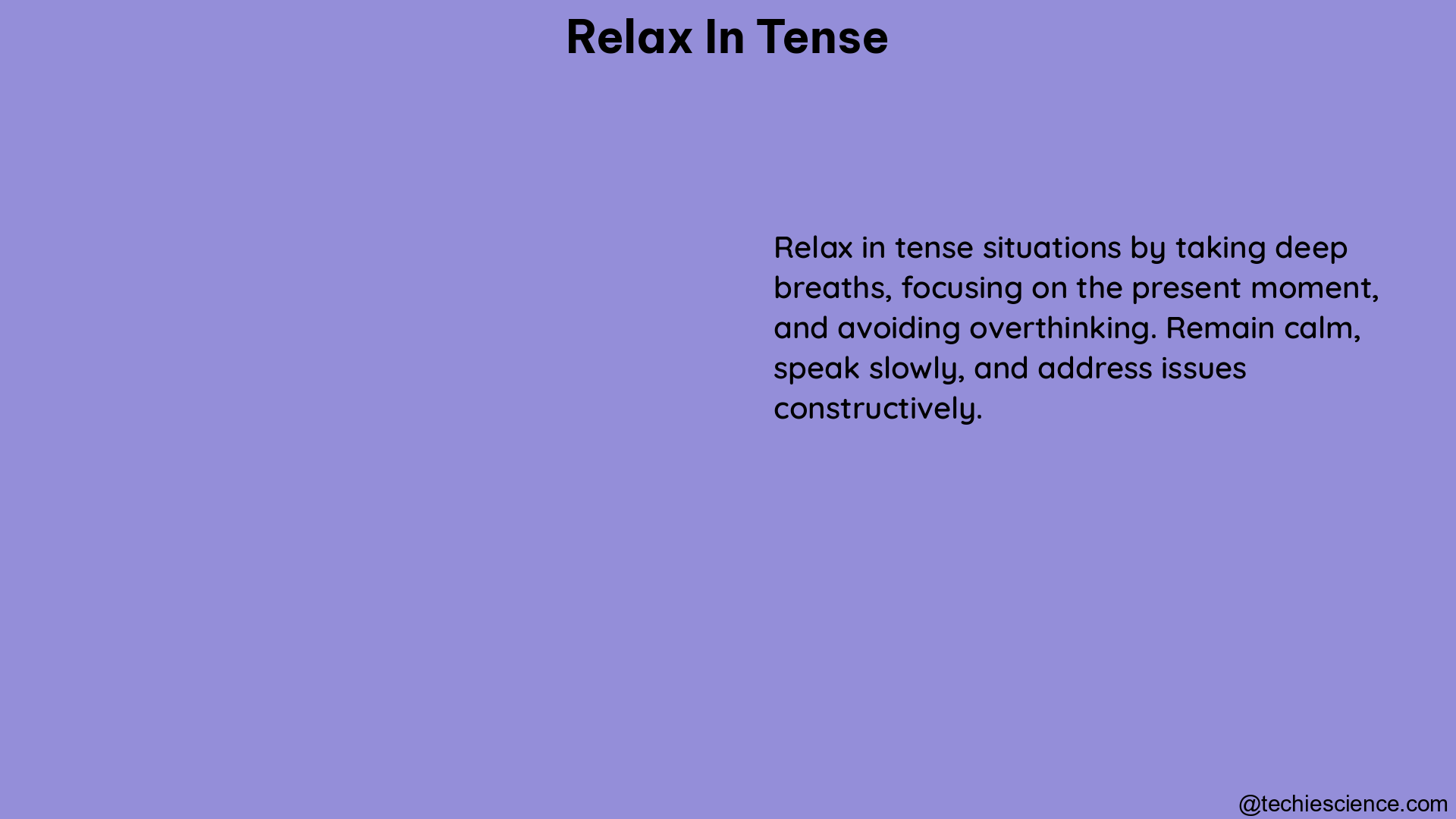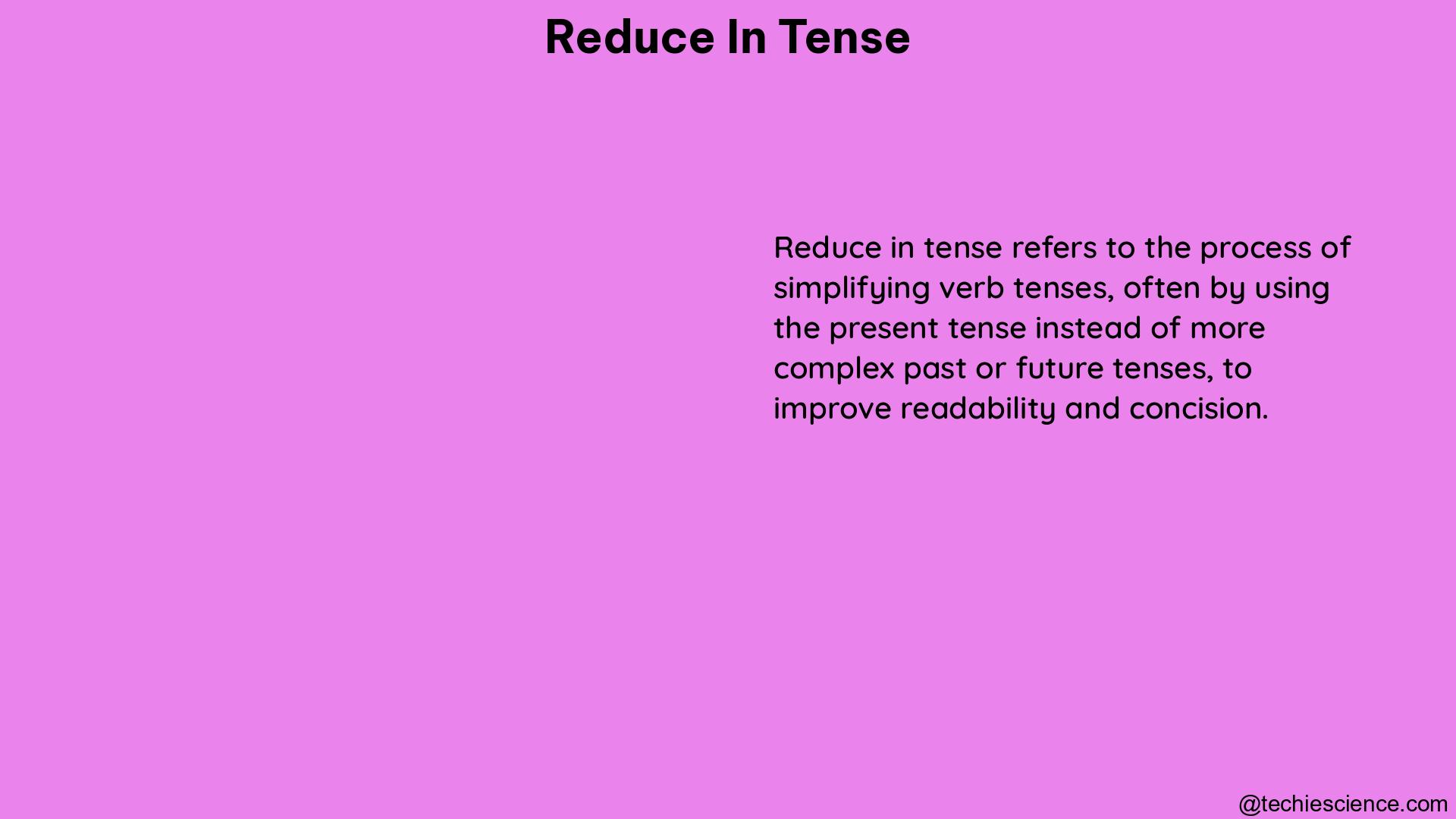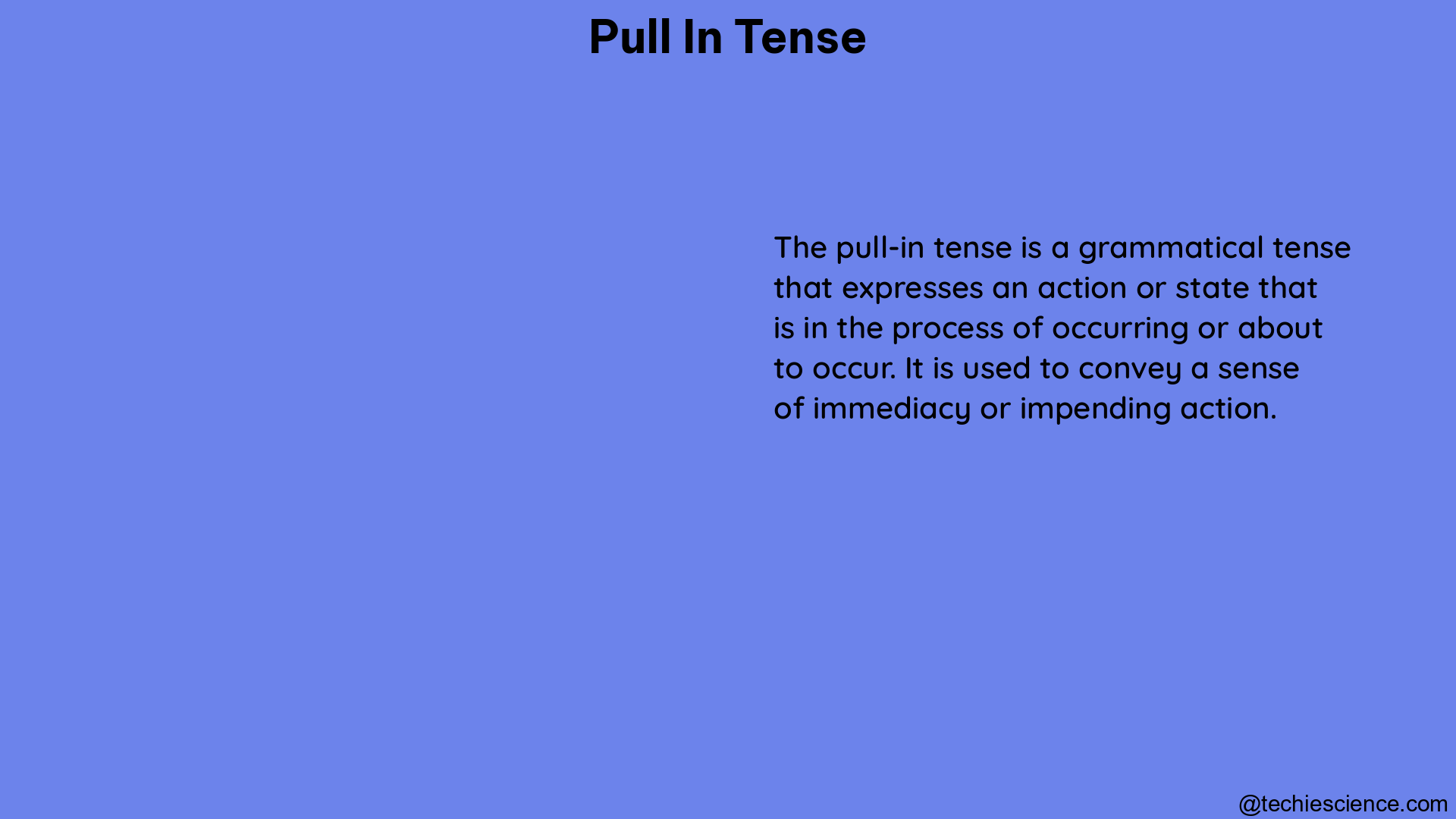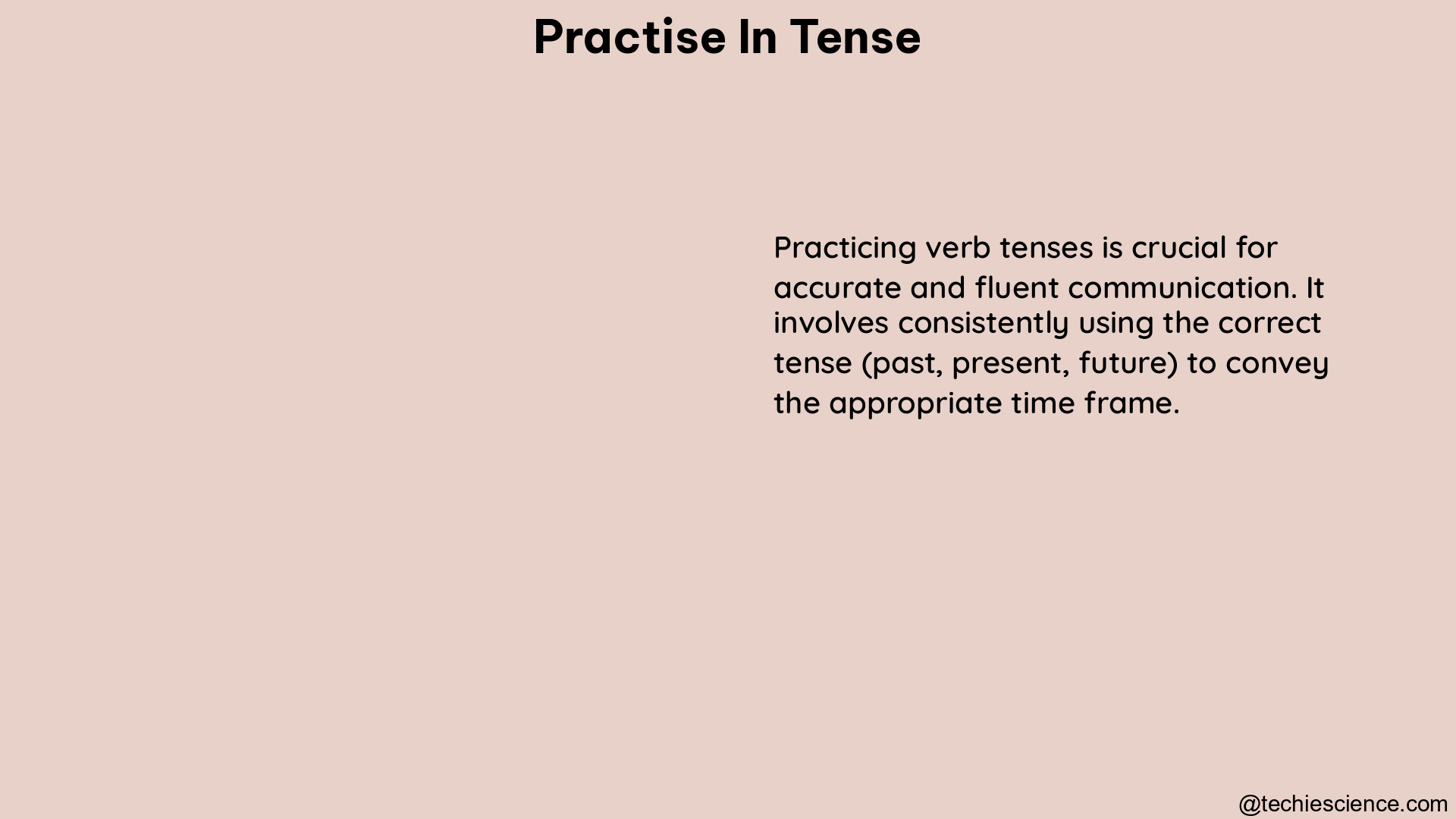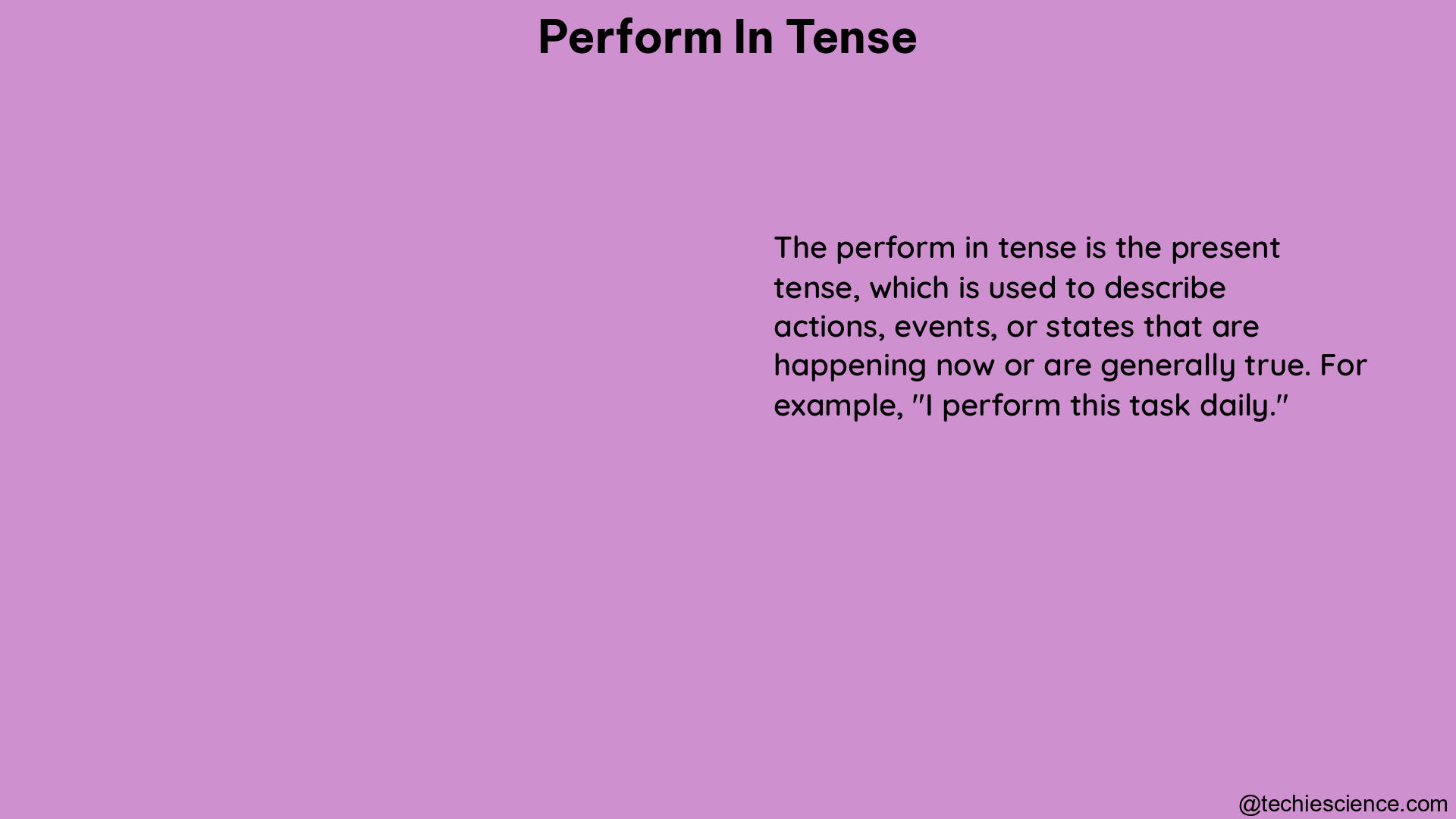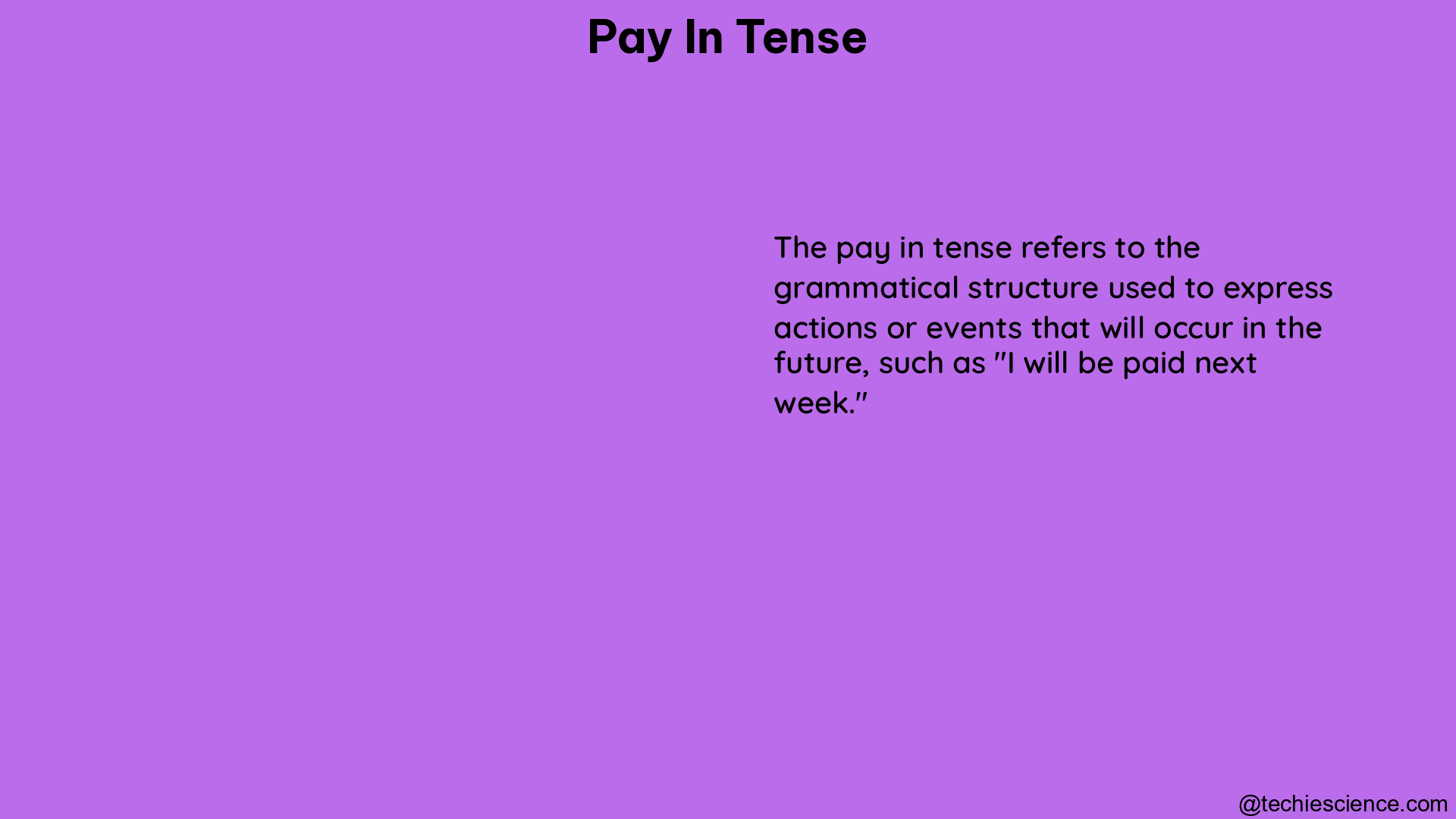When the same vowel sounds are repeated in a line in nearness or in close proximity, then it is called assonance. Assonance is a very common literary device that is used to give a sound effect to the written words. Assonance can be used in poetry and in prose. Here we are going to deal with poetry assonance.
- 1. ‘A host, of golden daffodils’ – The Daffodils
- 2. ‘Beside the lake, beneath the trees,’ – The Daffodils
- 3. ‘Hear the mellow wedding bells, Golden bells!’ – Bells
- 4. ‘What a world of solemn thought their monody compels!’ –Bells
- 5. ‘It is the star to every wandering bark,’ – Sonnet 116
- 6. ‘He will not see me stopping here’ – Stopping By Woods On A Snowy Evening
- 7. ‘To watch his woods fill up with snow.’ Stopping By Woods On A Snowy Evening
- 8. ‘I hold with those who favor fire.’ – Fire and Ice
- 9. ‘Those images that yet, Fresh images beget,’ – Byzantium
- 10. ‘Strips of tinfoil winking like people.’ – The Bee Meeting
- 11. ‘Tyger Tyger, burning bright, In the forests of the night;’ – The Tyger
- 12. ‘While I nodded, nearly napping; suddenly there came a tapping, As of some one gently rapping, rapping at my chamber door’ – The Raven
- 13. ‘You stand at the blackboard, daddy,’ – Daddy
- 14. ‘Come leave the loathéd stage, And the more loathsome age,’ – Ode To Himself
- 15. ‘You will never neglect or beat Them or silence or buy with a sweet.’ –The Mother
- 16. ‘And from all around the haven the crumbling thunder of seas’ – The Feast of Famine
- 17. ‘Over many a quaint and curious volume of forgotten lore’ – The Raven
Poetry Assonance Explanations
Here, we shall look in detail what assonance is used in each line and understand them.
1. ‘A host, of golden daffodils’ – The Daffodils
William Wordsworth has used assonance in this line, by repeating the vowel sound ‘o’ in the nearby words ‘host’, ‘golden’ and ‘daffodils’.
2. ‘Beside the lake, beneath the trees,’ – The Daffodils
William Wordsworth has used assonance in this line, by repeating the vowel sound ‘e’ in the nearby words ‘beside’, ‘beneath’ and ‘trees’.
3. ‘Hear the mellow wedding bells, Golden bells!’ – Bells
Edgar Allan Poe has used assonance in these lines, by repeating the vowel sound ‘e’ in the nearby words ‘mellow’, ‘wedding’ and ‘bells’.
4. ‘What a world of solemn thought their monody compels!’ –Bells
Edgar Allan Poe has used assonance in this line, by repeating the vowel sound ‘o’ in the nearby words ‘solemn’, ‘thought’, ‘monody’ and ‘compels’.
5. ‘It is the star to every wandering bark,’ – Sonnet 116
William Shakespeare has used assonance in this line, by repeating the vowel sound ‘a’ in the close by words ‘star’, ‘wandering’ and ‘bark’.
6. ‘He will not see me stopping here’ – Stopping By Woods On A Snowy Evening
Robert Frost has used assonance in this line, by repeating the vowel sound ‘e’ in the nearby words ‘see’ and ‘me’.
7. ‘To watch his woods fill up with snow.’ Stopping By Woods On A Snowy Evening
Robert Frost has used assonance in this line, by repeating the vowel sound ‘i’ in the close by words ‘his’, ‘fill’ and ‘with’.
8. ‘I hold with those who favor fire.’ – Fire and Ice
Robert Frost has used assonance in this line, by repeating the vowel sound ‘o’ in the words in close proximity such as ‘hold’ and ‘those’.
9. ‘Those images that yet, Fresh images beget,’ – Byzantium
William Butler Yeats has used assonance in this line, by repeating the vowel sound ‘e’ in the nearby words ‘images’, ‘yet’, ‘images’ and ‘beget’.
10. ‘Strips of tinfoil winking like people.’ – The Bee Meeting
Sylvia Plath has used assonance in this line, by repeating the vowel sound ‘i’ in the close by words ‘strips’, ‘tinfoil’ and ‘winking’.
11. ‘Tyger Tyger, burning bright, In the forests of the night;’ – The Tyger
William Blake has used assonance in this line, by repeating the vowel sound ‘i’ in the words in close proximity such as ‘tyger’, ‘tyger’, ‘bright’ and ‘night’.
12. ‘While I nodded, nearly napping; suddenly there came a tapping, As of some one gently rapping, rapping at my chamber door’ – The Raven
Edgar Allan Poe has utilized assonance in these lines by the repetition of the vowel sound ‘a’ in the nearby words ‘napping’, ‘tapping’, ‘as’, ‘rapping’, ‘rapping’, and ‘at’.
13. ‘You stand at the blackboard, daddy,’ – Daddy
Sylvia Plath has used assonance in this line by repeating the vowel sound ‘a’ in the close by words ‘stand’, ‘blackboard’ and ‘daddy’.
14. ‘Come leave the loathéd stage, And the more loathsome age,’ – Ode To Himself
Ben Johnson in these lines has utilized assonance by repeating the vowel sound ‘o’ and ‘a’ in nearby words ‘loathed’, ‘more’, ‘loathsome’ and ‘stage’ and ‘age’ respectively.
15. ‘You will never neglect or beat, Them or silence or buy with a sweet.’ –The Mother
Gwendolyn Brooks has used assonance in the above lines by repeating the vowel sounds ‘e’, ‘i’ and ‘ee’ in words in close proximity such as ‘neglect’, ‘them’; ‘silence’, ‘buy’ and ‘beat’, ‘sweet’ respectively.
16. ‘And from all around the haven the crumbling thunder of seas’ – The Feast of Famine
Robert Louis Stevenson has used assonance in the above lines by repeating the vowel sound ‘u’, in words in close proximity such as ‘crumbling’ and ‘thunder’.
17. ‘Over many a quaint and curious volume of forgotten lore’ – The Raven
Edgar Allan Poe has used assonance in the above lines by repeating the vowel sound ‘u’, in nearby words ‘curious’ and ‘volume’.
What is poetry assonance?
Poetry Assonance is a commonly used literary device by poets and authors. When the similar vowel sound is reused in a line in closeness or in proximity, then the literary used is known as assonance. It is a literary device which is utilized in all forms of poetry and also in prose works.
Example: ‘Lives of great men all remind us, We can make our lives sublime,’ – A Psalm Of Life
Henry Wadsworth Longfellow has made use of the literary device assonance in these lines by repeating the vowel sound of ‘i’ in close proximity words ‘lives’ and ‘sublime’.
Why to use poetry assonance?
Poetry assonance is used as a literary device in poems by various poets by utilizing the same vowel sounds in the nearby words for the purpose of creating a sound effect or a rhythm inside the lines of the poem. Poets are also incorporate the poetry assonance to effectively convey the meaning and the emotion in the lines of the poem through sound.
Example: ‘The Immortal in the mortal is his name,’ – Where The Mind Is Without Fear.
Rabindranath Tagore has beautifully incorporated the literary device assonance in this line by repeating the vowel sound of ‘i’ in close proximity words ‘ immortal’, ‘in’, ‘is’ and ‘his’ to create an audio effect or rhythm inside this particular line.
How to use poetry assonance?
Poetry assonance must be used following three criteria,
- The words with the same or similar vowel sounds must be chosen.
- And the chosen words with the similar vowel sounds must be placed close to each other (in close proximity)
- Assonance cannot be created by the same vowels but by the same vowel sounds.
Example: ‘That solitude which suits abstruser musings’ – Frost At Midnight
Samuel Taylor Coleridge has utilized the literary device assonance in this line by repeating the vowel sound ‘u’. The words with similar vowel sounds that he has chosen are ‘solitude’, ‘suits’, ‘abstruser’ and ‘musings’. After that he has placed all these words nearby creating a vowel harmony or assonance.
Where to use poetry assonance?
A poetry assonance is created or formed only where the close by words have the same vowel sound. That is, it can be called assonance, only if the vowel sounds of the close proximity words are similar. When the vowel sounds of far by words are same, then the assonance cannot be created as there will no rhythm or sound affect created by them.
Example: ‘Stills the winds asleep in the solid drift’ – Iliad
Homer has incorporated the assonance as a literary device in this line by utilizing the vowel sound of ‘i’ in close by words such as ‘stills’, ‘winds’, ‘in’, ‘solid’ and ‘drift’ in the same line to create an audio effect.
It should be noted that assonance can be found in the words which are nearby in the same line or in the line that is preceding or succeeding. For instance, the repetition of the vowel sounds found in the first line and the fourth line cannot be called as assonance.
When to use poetry assonance?
Poetry assonance should be used when the writer or poet feels to have a rhythm inside the lines of the poetry. It can also be used when the poet is trying to communicate to the readers an emotion and a feeling or even trying to set the mood of the poem with the help of a sound effect. In such places, poetry assonance is utilized to bring the audio effect through the vowel sounds in the words nearby.
Example: ‘O might those sighs and tears returns again’ – Holy Sonnet 3
John Donne in this line has repeated the letters ‘igh’ with the vowel sound ‘i’ in the words ‘might’ and ‘sight’ which are in close proximity to create the assonance. This ‘i’ vowel sound in nearby words creates a rhythm to the line and also helps in expressing the emotions in an effective way.
Conclusion
Hence poetry assonance is a literary device utilized in poems to add beauty to the lines of the poetry by adding sound effect and rhythm to the written words. Assonance is thus the repetition of the same vowel sound and not the same vowel in the words that are placed nearby.
